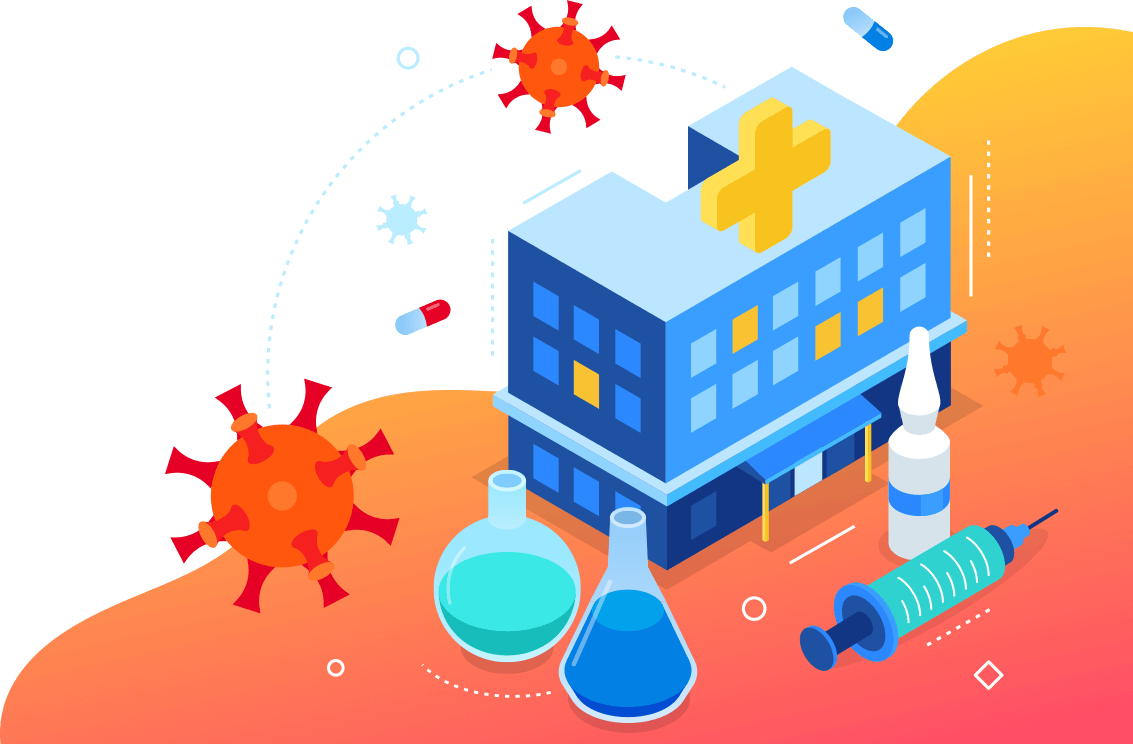
Everything About COVID-19 in Québec: Current Data & Screening Tests
As COVID-19 persists, posing health challenges, Quebec residents must actively equip themselves with up-to-date information to facilitate sound decisions. This is especially critical given the recent emergence of new contagious variants. By using reliable resources like the government’s online COVID-19 screening portal to access details on testing appointments, updated guidelines, plus data trends, individuals can take proactive precautions to safeguard their well-being.
Our platform dedicated to COVID-19 offers details on this disease in Québec – from the current dominant variant to interpreting test results available on the screening platform and applying appropriate prevention measures. Its purpose is to empower residents with the latest knowledge to manage personal and collective health effectively throughout ongoing pandemic uncertainties. Proactively making test bookings via the COVID-19 portal as soon as any symptoms manifest allows early detection and prompt actions guided by health authorities that protect oneself and the wider community.
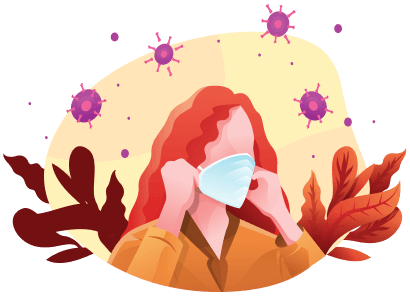
What is COVID-19?
COVID-19 refers to the infectious disease caused by the SARS-CoV-2 virus. This coronavirus spreads through respiratory droplets and aerosols when an infected person coughs, sneezes, sings, shouts or even talks loudly. Common symptoms include fever, coughing, tiredness, sore throat, headache, muscle/joint pains, sudden loss of senses of smell and taste, chills and night sweats. A minority can experience digestive problems, skin rash, eye irritation and neurological issues. Transmission risk is highest in enclosed, crowded and poorly ventilated spaces.
While Omicron lineages were dominant worldwide, Québec’s public health institute recently announced a new strain nicknamed “kraken” featuring genetic characteristics from both Omicron and Delta variants. Little is known of its virulence and transmissibility as investigations are underway. Quebeckers are advised to remain vigilant and optimize protective measures.
Current COVID-19 Situation in Québec
Metric | New | Total |
Cases | 3,222 | 1,442,973 |
Recent COVID-19 indicators in Quebec (January 7-13, 2024).
From January 7 to 13, 2024, Québec recorded 3,222 new cases and 8 deaths, bringing total tallies to 1,442,973 infections and 19,483 fatalities since the pandemic onset. Hospital cases climbed to 2,007 as of January 16, including 173 ICU cases from 155 a week prior. Infection indicators suggest a winter resurgence after a relatively mild fall season. Epidemiologists postulate that waning population immunity and increased indoor crowding over holidays facilitate greater viral spread.
While Québec’s COVID situation seemed optimistic as of November 2023, cases began rising nationwide in December, along with increased social activities. Quebec and Ontario have reinstated masking recommendations amid climbing infection rates. Health officials are closely tracking if a trend reversal is forthcoming.
For more detailed statistics and information about the COVID-19 situation in region, you can visit the official Quebec government. This site provides detailed and updated data regarding the coronavirus pandemic in Quebec, including case numbers, vaccination rates, and other relevant public health information.
Dominant COVID-19 Variant
Public health is prioritizing monitoring and investigations around the novel “kraken” variant, representing 5% of Quebec’s sequenced cases from November 26 to December 17, 2023. It contains Delta-like mutations within the Omicron BA.4/BA.5 genomes. Additional spike protein alterations of unknown clinical significance have health authorities on alert.
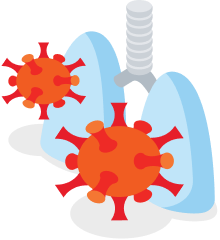
Specific impacts of Kraken mutations are unclear pending complete analyses; it potentially exhibits heightened evasion of infection- and vaccine-induced immunity over that of currently circulating descendants. Enhanced adherence to mask usage, proper indoor ventilation, group socialization and avoiding exposure when symptomatic is advised to counteract this infectious strain.
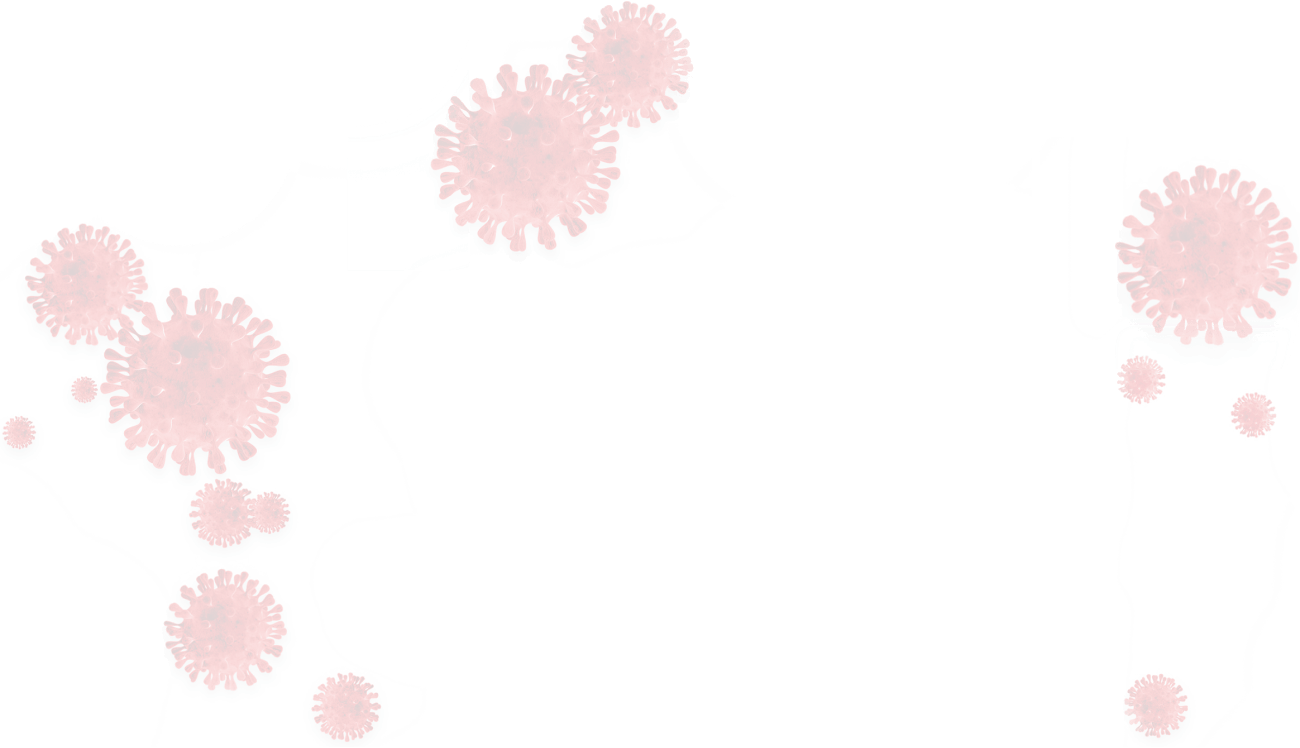
COVID-19 Testing
The COVID-19 Screening Platform allows you to book appointments for molecular PCR tests or obtain rapid test kits.
Molecular PCR Lab Tests
- The most accurate test, involves a nose/throat swab
- Results typically available within 5 days
- Now prioritized for healthcare workers and high-risk groups as positive rates have dropped
Rapid Antigen Screening Kits
- Can be used at home to check for infection
- Give results in 15-30 minutes
- Follow test kit directions closely to get accurate results
Interpreting Rapid Test Results
- line visible = Negative result
- lines visible = Positive result
Important: Check the results at the exact timing indicated in the instructions.
Accessing Test Results/Records
Go to the secure COVID-19 screening platform portal on the government website to:
- View your vaccination proof and lab test results
- Download/print official records and QR codes.
- Serve as valid confirmation for travel purposes.
This continually verified portal links patients to their analysis reports and provides up-to-date testing locations to book appointments.
The Importance of Accessible Testing Centers
Easy access to testing centers has been critical in Quebec’s pandemic response by enabling timely diagnoses to guide isolation and treatment.
Convenient community-based sites allow residents to get assessed at first symptom onset, facilitating quick actions if positive. Walk-in clinics accept both appointments and unexpected visitors, reducing barriers. Drive-thru test sites allow sample collection without leaving vehicles, minimizing exposure risks. Mobile trailers bring testing capacity directly into remote, rural and on-reserve communities lacking healthcare access.
Approachable neighbourhood locations promote getting tested early instead of delaying due to transportation hassles. Nearby centers permitted routine weekly staff screening batches or shelter resident assessments.
Ongoing adjustments to testing availability, locations and operating hours aligned capacities to community case volumes. Temporary mass sites opened rapidly in emerging hotspots to help contain spreads.
Accessible and abundant local testing options enabled early detection, swift public health responses and prevention of uncontrolled viral transmission chains. They would continue playing a vital role in Quebec’s COVID-19 resilience.
COVID-19 Vaccines in Québec
Messenger RNA platforms like Moderna Spikevax Bivalent and Pfizer Comirnaty Original/Omicron remain Health Canada’s preferred options, demonstrating high effectiveness against emerging strains. Québec prioritizes boosters for vulnerable groups, with the general adult public eligible for fall 2023 bivalent doses six months following a previous shot. These contain the original strain and Omicron genomes to broaden immune defences. Additional adjustments for the Kraken mutation are probable in modified vaccines.
Children aged 6 months to 4 years can receive three pediatric Pfizer doses. Kids 5 to 11 years qualify for two regular doses and an Omicron booster. Health officials monitor vaccination rates to identify communities requiring dedicated immunization campaigns. Quebecers should get each recommended shot to build sturdy protection that also curbs transmission to those susceptible to severe illness.
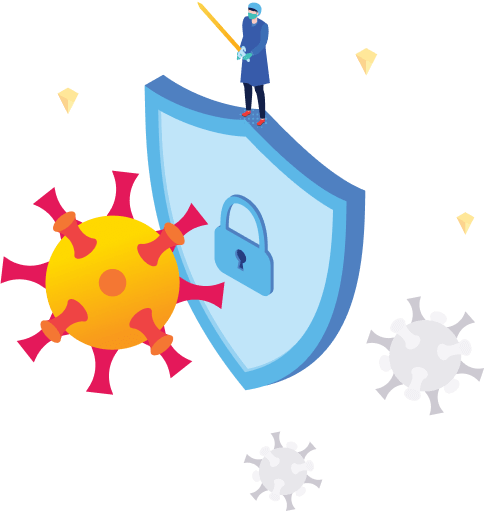
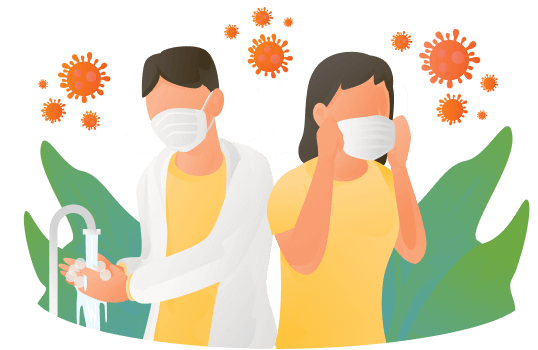
Preventing COVID-19 Transmission
Practicing appropriate personal and environmental hygiene measures minimizes infection transmission risks. This becomes especially critical with highly contagious variants in circulation like Omicron and its subline ages.
Hand Hygiene
- Wash hands frequently with soap and water for at least 20 seconds.
- Use alcohol-based sanitizer when soap/water unavailable.
Respiratory Etiquette
- Cough/sneeze into bent elbow instead of hands.
- Dispose of used tissues promptly in lidded bins.
- Wash hands immediately afterwards.
Personal Protective Equipment
- Properly wear well-fitted masks covering nose and mouth fully when in shared indoor settings or crowded outdoor environments.
- Opt for snug KN95, KF94 or N95 respirators for enhanced filtration efficiency.
Physical Distancing
- Maintain at least 2 2-metre distance from others when feasible.
- Avoid prolonged close contact unless the same household.
Ventilation and Disinfection
- Open windows regularly to maximize airflow and circulation.
- Disinfect frequently touched surfaces like doorknobs, elevator buttons, keyboards, etc.
Isolation When Ill
- Self-isolate instantly if experiencing any symptoms.
- Inform contacts about potential exposures.
- Follow health authority guidance on quarantine/testing.
Combining these evidence-based prevention approaches reduces infection risks and safeguards the most vulnerable against serious COVID-19 outcomes through collective responsibility.
Management of COVID-19 Cases
Individuals with confirmed COVID-19 infections can recover uneventfully through home-based supportive self-care – getting adequate rest, staying hydrated and using antipyretics like acetaminophen to relieve fevers. Adults often regain health in under two weeks without serious issues. Hospitalization risks increase for the elderly and those with multiple underlying medical conditions like heart, lung, and liver diseases and uncontrolled diabetes.
Paxlovid was authorized in early 2022 to treat newly diagnosed mild-moderate COVID cases among high-risk adults and adolescents. This oral antiviral drug stops viruses from replicating and prevents severe outcomes like hospitalization and death. Prompt pharmacist consultation once symptoms manifest optimizes its efficacy.
Worsening difficulty breathing, persistent high fevers, severe dehydration and confusion warrant emergency care to exclude pneumonia and manage detrimental effects of COVID-19 dysregulating normal bodily functions. Call 911 or visit ERs immediately if life-threatening conditions emerge.
Resources and Support Available
Reliable platforms providing the latest COVID updates include the Québec Ministry of Health’s website, as we’ve already mentioned, and the Self-Care Guide. The public can also access personalized medical advice from nurses via 811 hotlines. For mental health assistance, community organizations offer free consultations to aid those feeling overwhelmed, isolated or depressed during the pandemic.
The ClicSanté portal links patients to laboratory analyses plus vaccination proof documents and recovers passcodes serving as official records during domestic and international travels. Stay updated on COVID-19 testing locations and book a COVID test appointment only on this secure screening portal if necessary.
